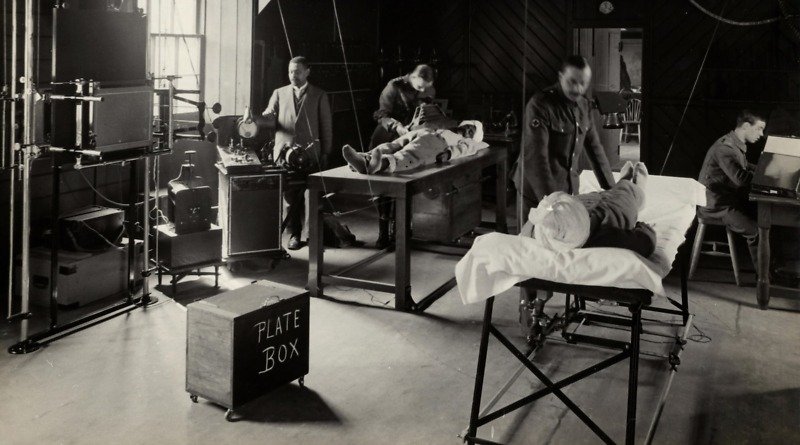Origins of History Interpretation: A Guide to Forex Trading
History interpretation has had a lengthy evolution, and the ways we have gone about interpreting the past have changed drastically over time. From the ancient teachings of the Greeks, to the modern day data-driven models, the way we interpret our past has been influenced by culture, philosophy, and our ever-growing access to information. In this article we will take a look at the history of interpretation in forex, and explore how our understandings have evolved from the distant past to the present. journalistic
Origins of History
History is a vast and ever-evolving field that seeks to understand the creation, development, and change of human societies and cultures. Its origins can be traced back to ancient times when the earliest humans recorded their experiences in rudimentary pictorials and hieroglyphs. Since then, vast amounts of historical documents have been unearthed across the world, from the Hebrew Scriptures in Palestine, to the concepts of the ancient Greeks in the Mediterranean, to the writings and research of Confucius in China.
Reviewing History
The rise of academia and the scientific method provided a way for scholars to dig even deeper into the past and present actionable insights for the good of society. One of the most notable milestones in the history of historiography was the introduction of peer review, which transformed the field into a rigorous practice of discerning primary sources, separating fact from fiction, and analyzing evidence to draw valid conclusions.
The journal of Boerhaave is a perfect example. Established in 1659, the journal sought to revolutionize medical practice by giving readers an unprecedented look into the medical thinking and discoveries of the time. Boerhaave’s daily rounds with his students were as much about comprehending the patient as it was about deconstructing traditional medical wisdom.
Types of Primary Sources
Primary sources form the core of the historical narrative and invaluable in understanding the past. Primary sources used in historiography include virtually all records of past events, such as diaries, newspapers, oral histories, artwork, photographs, interviews, government documents, and more. These can be found in a variety of places, from libraries and archives to museum collections. For researchers, the challenge is to identify the authenticity, relevance, and reliability of these sources.
Understanding the Internet
The internet continues to revolutionize the way we access and process information today. Given the breadth and depth of the internet, it can often be a challenge to trace its origins and ascertain its development over the last several home engineers, governments, venture capitalists, entrepreneurs, and countless other parties played a role in its remarkable trajectory.
The study of historiography helps us to gain more insight into the Internet by making critical examination of its sources. What’s more, it can help us appreciate the concepts, narratives, and controversies that have likely arisen in the realm of Internet publishing.
Why Study History?
From accounting for human progress to understanding the formation of nations, understanding history — both ancient and contemporary — is an integral part of shaping our future. By studying history, we can gain valuable insights into our past mistakes and apply these lessons to the future.
History also contains immense beauty, inspiring millions of people and providing valuable lessons about our relationships to each other, our land, and the world. Understand history and you understand yourself — your aspirations, your fears, and the impact that your decisions can have on future generations.
